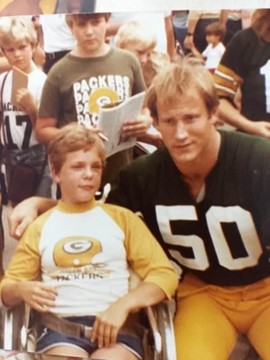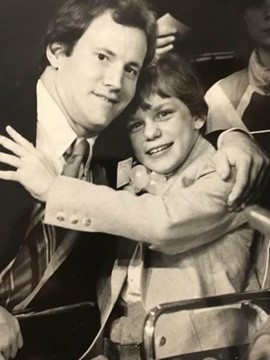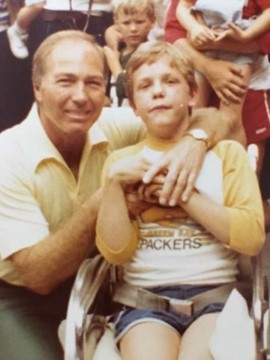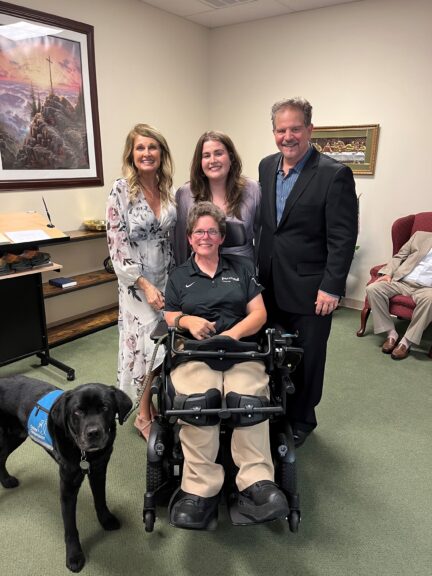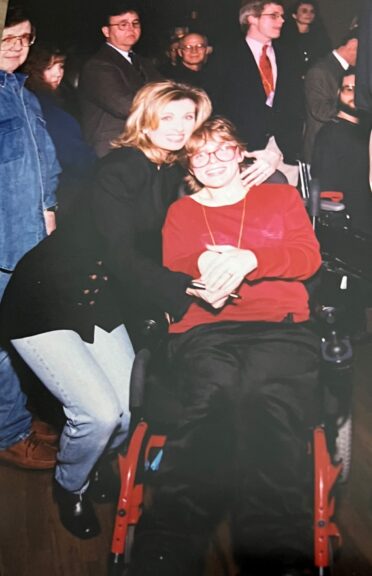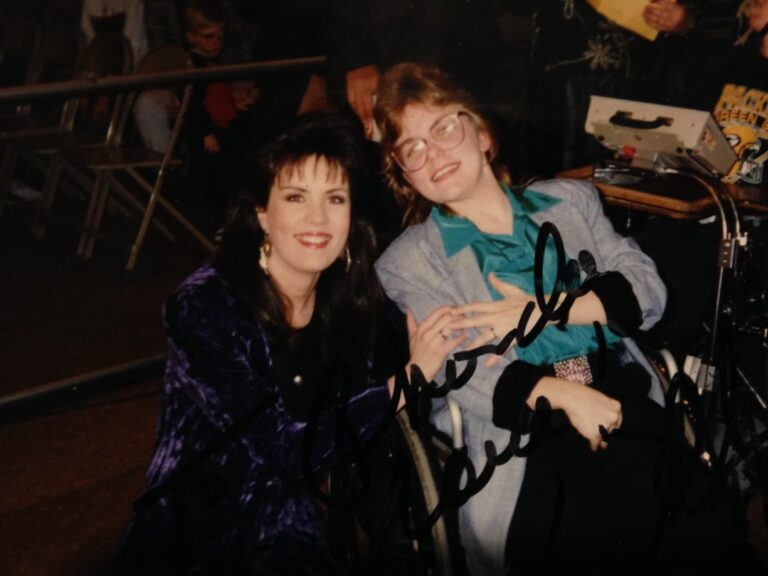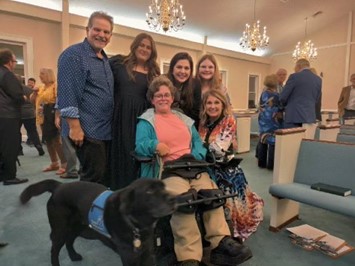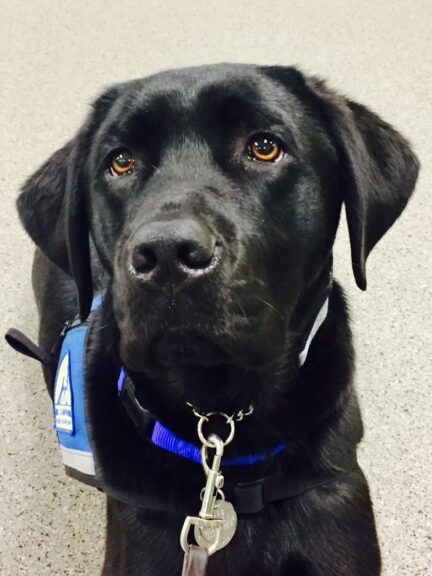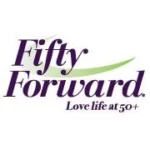Rhonda Clark was not expected to live 48 hours much less 50+ years. Born with cerebral palsy, she demonstrates daily that everyone has a purpose and that life with a disability is just another way of living. Let’s learn how this entrepreneur is living her best life and is intent on creating better transportation options for adults in Middle Tennessee who are living with disabilities.
We worked together back in the cable tv business — you were at Country Music Television, and I was at The Nashville Network. Why were those years and that job so important to you?
That job was my first full-time job … I got a real paycheck and [was] full-time … [I was] totally off government assistance, which I’ve stayed off since.
… Before I graduated from college, I met [the late country music performer] Holly Dunn at a cerebral palsy telethon in Green Bay, Wisconsin. We had a 10-minute conversation about the music industry … And [Dunn] said, “What do you want to do? What do you want to do in the music industry?” … She [also] told me “If you want to be in the country sector, you should come to Nashville.” She made me promise that I would finish college first.
Clark continues to talk about the evolution of her career, her difficult childhood, and the positive influences that surfaced later in life to ultimately build her confidence and her livelihood.
What should others know about individuals living with a disability? People with disabilities are people first. I have a disability, yes, but that does not define who I am as a person. I’ve had people say to me, “What happened to you? Or, what’s wrong with you?” And my response is, I have cerebral palsy, but it doesn’t have me.
Will you tell us more about having a support team and why that’s important to you and as we age, why this is even more important?
A support team is critical and it’s even more critical with a disability … and as you age. [Having] a team that is on your side and on your page — makes a huge difference.
From her vast network of friends to her physical therapist and her Canine Companions, we learn how Clark gets by with a little help from her friends. In addition, she explains the difference between guide dogs and service dogs and tells the compelling story of how her companion kept her from being killed by a moving vehicle.
Where you would be without exercise and physical therapy? Well, I mean, it’s not any different than if you didn’t do it. I mean, it’s probably three times, four times more important for me because I would probably have pneumonia. In fact, I’ve had pneumonia before and part of that was because I had surgery, you know, I had some female surgery, and I couldn’t exercise until I was over all that. It’s like a vicious cycle. Statistically, I’ve read that it takes a person with cerebral palsy three to five times the amount of energy to do things.
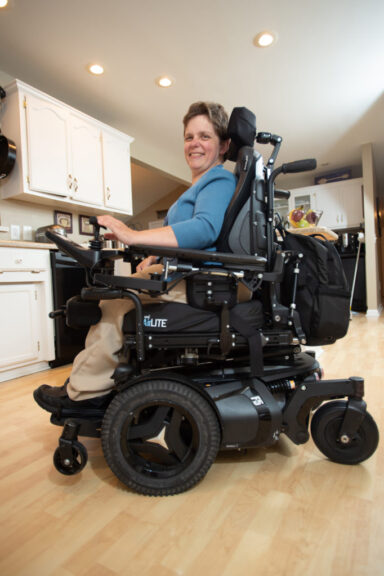
How has eating — especially clean eating — changed your life?
I switched to cleaner eating. I kind of fall off the wagon every once in a while, but yes, I do eat cleaner than I ever have been now. Just because as I’ve gotten older, I’ve had some gut issues and that’s common with people with disabilities, especially because they sit so much and I’ve had other surgeries like everybody else, regular surgeries … like gallbladder surgery and that kind of stuff. So, when I had that, I had to change my diet. And I can tell you, when I deviate, I pay for it.
An entrepreneur, in her second chapter of life, Rhonda Clark amplifies the barriers affecting those living with disabilities. It’s no surprise transportation tops the list, and she has a vision for a solution she plans to initiate in Middle Tennessee.
From her Wisconsin roots to her residence in Tennessee, in this Squeeze the Day podcast Rhonda Clark elaborates on the role her grandparents played in her upbringing and why she is intent on living with purpose as an ardent advocate for others who are living with a disability. Learn how attitude and perseverance propel her forward one step at a time.

This Squeeze the Day is brought to you by the All of Us Research Program from the National Institutes of Health. Learn how you can help change the future of health by participating in the program.
Visit joinallofus.org to learn more.

